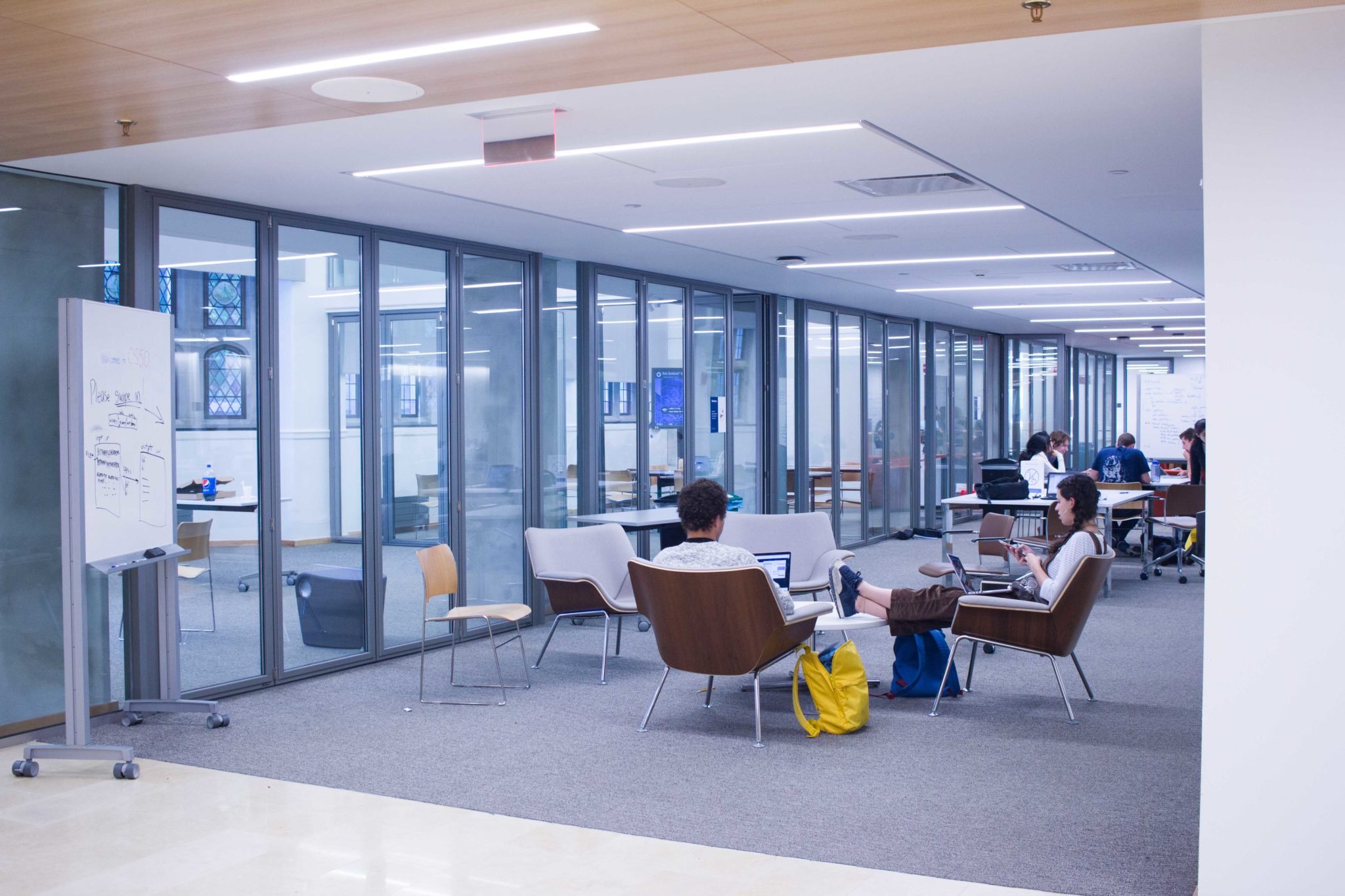
Surbhi Bharadwaj
Months after Yale College introduced a widespread academic dishonesty detection software called Turnitin, professors interviewed by the News said they are unable to take advantage of the program because they are not provided with enough information about how to use the online tool.
Turnitin was launched at Yale in the 2018–2019 academic year. According to former Deputy Provost for Teaching and Learning Scott Strobel, University administrators — hailing from various corners of campus ranging from Yale College to the Law School — agreed to pilot the program through Spring 2019. During this time, students and faculty could try out the software on a limited basis at the Center for Teaching and Learning.
Last fall, Yale College Dean Marvin Chun renewed Turnitin beyond a trial basis and expanded its applications past the CTL. But questions remain surrounding who is using the program and how effective it is. So far, none of the University’s introductory English courses — ENGL 114, 115 and 120 — mention the software in their syllabi. In interviews with the News, professors said they do not use the program. According to Chun, only time will tell how beneficial the program is.
“It’s too early to say anything about its use and effectiveness,” he wrote.
According to the syllabi of these introductory English courses, instructors are not using the program and instead have lengthy discussions with their students about proper citations and academic resources at the Poorvu Center for Teaching and Learning.
In a statement to the News, Poorvu Center Communications Officer Patrick O’Brien-Sevilla wrote that the CTL had initially supported Yale’s pilot of the software to understand its use for faculty and students.
But the tool, he added, was “of interest primarily to help students improve citation of sources and paraphrasing, not as a mechanism to reduce academic dishonesty.”
Faculty members on the Poorvu Center’s Faculty Advisory Board and a Yale College Committee recommended that the University purchase a Turnitin license that allows deans to decide if their school should be able to use the software — a choice Yale College made.
Recently, members of the Poorvu Center Student Advisory Board — which includes 50 undergraduate and graduate students — concluded that the software has had “little to no negative impact on the writing culture at Yale,” O’Brien-Sevilla added.
“As our website states, ‘Turnitin can help you identify failures of attribution, but only a live instructor can guide students towards a more robust engagement with sources,’” he wrote.
In addition to the traditional introductory English courses, Directed Studies requires students to write essays on literature, philosophy or historical and political thought almost every week. But the program’s syllabus, which includes information about academic integrity and plagiarism, does not mention the newly implemented software.
According to professor of molecular biophysics and biochemistry Michael Koelle, who chairs the Yale College Committee on Teaching, Learning and Advising, his team has not yet analyzed the software’s use. It might be premature to determine how it has influenced cases of academic dishonesty, Koelle said.
For former English department lecturer Jami Carlacio DIV ’22, who has used the program at other institutions, Turnitin is “incredibly useful.” Professors can use the tool to check similarities between submitted assignments against an extensive collection of sources, he said. Carlacio added that they can also track where students may have lifted phrases or entire sentences. This makes it easy for faculty to determine where students are going for their information, she said.
Carlacio added that she has caught a student plagiarizing in every semester that she has taught.
“People cheat,” she said. “A lot of times, people your age don’t realize they can’t just copy and paste” from the Internet.
Others in the English department told the News that the detection software so far has no place at Yale. English professor Mark Oppenheimer ’96, who teaches Daily Themes, wrote in an email that he has never heard of Turnitin and has never encountered a case of plagiarism. But the software, like others, is not a solid answer to academic dishonesty, he said.
“I am sure [plagiarism] happens, which is sad,” he explained. “But I hate to think that relying ever more on computers is a solution. English, more than any discipline, can and should be low-tech.”
The software’s apparent lack of appeal seems logical, Carlacio said. She added that Turnitin requires some training, adding that she is “almost certain that people don’t know how to use it.”
Yale College Executive Committee Chair David Vasseur wrote in the committee’s latest report that plagiarism “continues to represent a substantial portion” of the misconduct charges the committee issues. Of the 120 students charged with Undergraduate Regulations violations in Spring 2019, four had been charged for plagiarizing a paper, poem or essay, and 24 were accused of plagiarizing a problem set or lab assignment.
Matt Kristoffersen | matthew.kristoffersen@yale.edu







